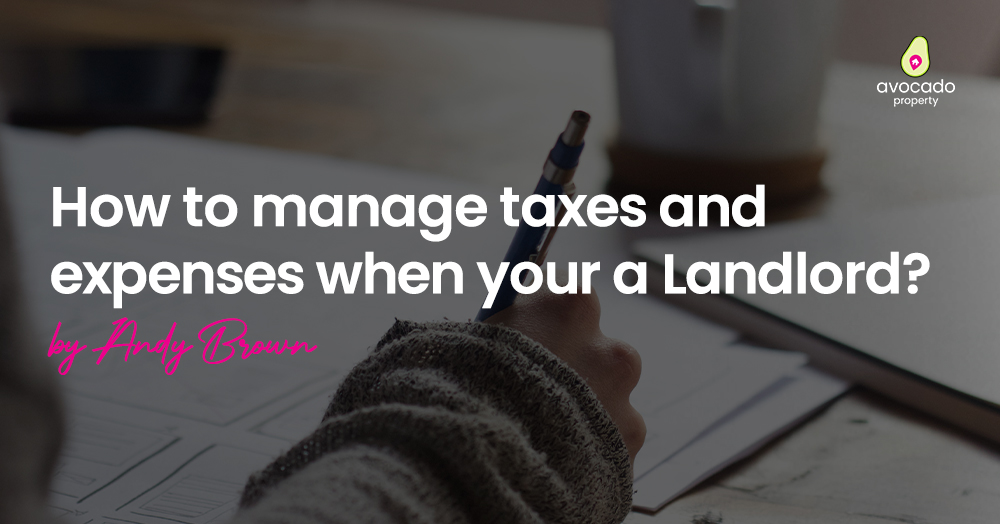
Managing taxes and expenses when your a Landlord
Being a landlord comes with financial responsibilities, including managing taxes and expenses. Understanding the tax obligations and effectively managing expenses is crucial for maintaining profitability and complying with legal requirements. In this blog, we will walk you through the essential steps to manage taxes and expenses as a landlord.
1. Keep Accurate Records
Maintaining accurate and organised records is essential for managing your finances as a landlord. Keep track of all income and expenses related to your rental property. This includes rent received, maintenance and repair costs, property management fees, insurance premiums, and any other relevant expenses. Accurate records will make tax calculations easier and provide valuable documentation in case of audits or disputes.
2. Understand Your Tax Obligations:
Familiarise yourself with the tax obligations that apply to landlords. The key taxes to consider are:
- Income Tax: Rental income is generally subject to Income Tax. Report your rental income and claim allowable expenses on a Self-Assessment tax return. Be aware of the different tax rates and allowances applicable to your income.
- Stamp Duty Land Tax (SDLT): If you are purchasing a property, be aware of the SDLT rules and thresholds. Additional rates may apply for purchasing additional properties or buy-to-let investments.
- Capital Gains Tax (CGT): If you sell a rental property, CGT may apply on the profit made. Understand the rules and exemptions related to CGT and report it appropriately.
3. Claim Allowable Expenses:
As a landlord, you can claim various allowable expenses to reduce your taxable rental income. Common expenses include:
- Repairs and Maintenance: Expenses incurred for repairs, maintenance, and general upkeep of the property are generally allowable.
- Insurance Premiums: Landlord insurance premiums can be claimed as an expense.
- Letting Agent Fees: If you use a letting agent, their fees can be claimed as an allowable expense.
- Advertising and Marketing Costs: Expenses related to advertising your property for rent can be claimed.
Remember, not all expenses may be allowable, so consult a tax advisor or refer to HM Revenue and Customs (HMRC) guidelines for specific details.
4. Replacement Domestic Item relief:
As a landlord, you can’t claim an allowable expense for the cost of replacing furnishings or equipment in your rental property. However, you may qualify for Replacement Domestic Items relief, which will reduce your Income Tax liability.
If your rental property is furnished or part-furnished, you may be able to claim Replacement Domestic Items relief for replacing sofas, beds, carpets, curtains, white goods, sofas, crockery, cutlery, etc, as long as the quality is similar – the value cannot be superior. If it is superior, you can only claim (as an allowable expense) the amount that would enable you to replace items like for like.
5. Seek Professional Advice:
Tax regulations and allowances can be complex, and they may change over time. Consider seeking professional advice from an accountant or tax advisor who specialises in landlord taxation. They can provide valuable guidance, help optimise your tax position, and ensure compliance with the latest regulations.
By effectively managing your finances, you can maximise your rental property's profitability while remaining compliant with tax regulations. Remember to stay informed about any changes in tax laws and consult with professionals to ensure you are taking full advantage of available allowances and deductions.
If you want to discuss more on the above then give me a call on the below details.
I look forward to speaking to you soon.
All the best,
Tel: 07585 913564
Email: andy.b@avocadopropertyagents.co.uk